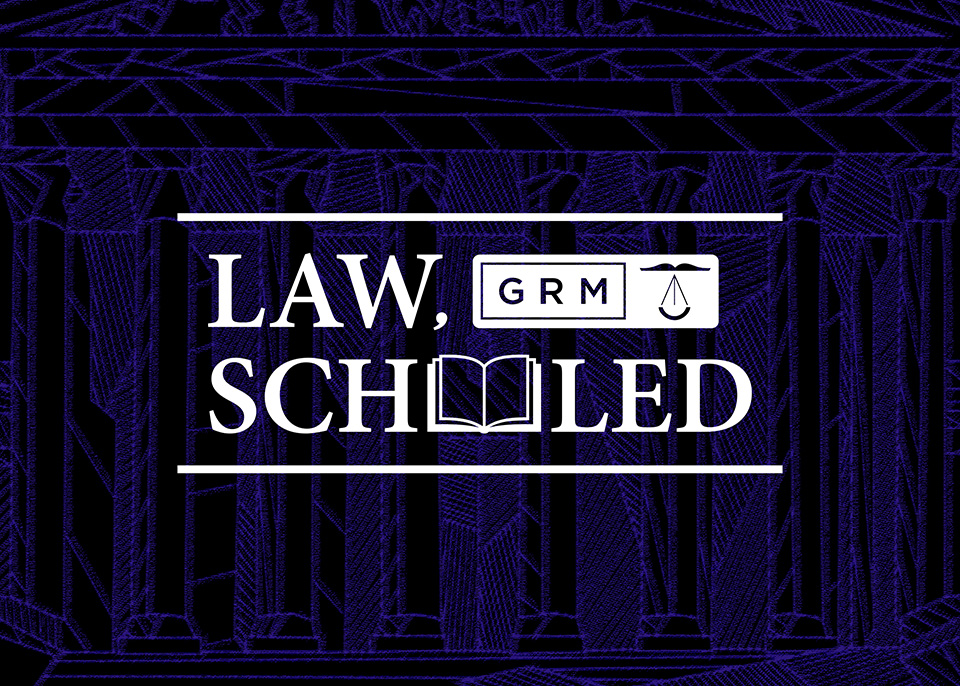
Written By: Adriana Zahirovic with contribution from Sharon Ayi
Over the past five years, there has been a notable increase and upward surge in the purchase and sale of music catalogues with major music publishing companies (including the likes of Universal Music & Warner Chappell) and large scale investment funds such as Hipgnosis, Kohlber Kravis Roberts (KKR) and Round Hill Music to name but a few, making waves on the scene through significant investments in music assets and IP.
Recent multi-million dollar deals have sparked momentum, with various artists such as Dr. Dre, Future, Lil Wayne and Justin Timberlake securing million dollar pay cheques for the sale of their catalogues. This article aims to give an overview of the buying and selling of music catalogues, the legal considerations and a discussion into who benefits from the overall value exchange.
What is a music catalogue?
A music catalogue is a group of songs that are created and registered under an individual artist or entity, and once combined form what is recognised as a catalogue of songs. The owner of the catalogue owns the copyrights in the music and receives income generated in the form of royalties, each time the music is played and/or used.
Usually, the copyrights to songs are divided among the parties who have worked on creating the music. The performing artist or band, songwriters, publishers, record labels etc may all get a share of the rights and can add them to their respective music catalogue. The same song can be part of multiple different music catalogues and share earned royalties. artists/songwriters can also own 100% of the copyrights, collecting 100% of the royalties depending on the business model being used to exploit their music.
What is being ‘sold’?
When purchasing a catalogue, an investor is typically aiming to acquire the ‘music rights’, with a view to profit from the royalties earned via licensing, brand deals and other revenue streams usually enjoyed by the artist. Deal negotiations will vary across the board with some writers choosing to sell anywhere upwards from 50% to 70% of their catalogue allowing them to keep stock of their remaining catalogue or retain an element of control as to how the music is used. Earlier this year, it was reported that acclaimed producer, Dr Dre was in separate negotiations with Shamrock Holdings and Universal Music Group to sell a collection of his music assets for more than $200 million dollars. On the other side of the spectrum, David Bowie’s estate finalised the sale of the prolific singer’s publishing catalogue in 2022 for over $250 million dollars.